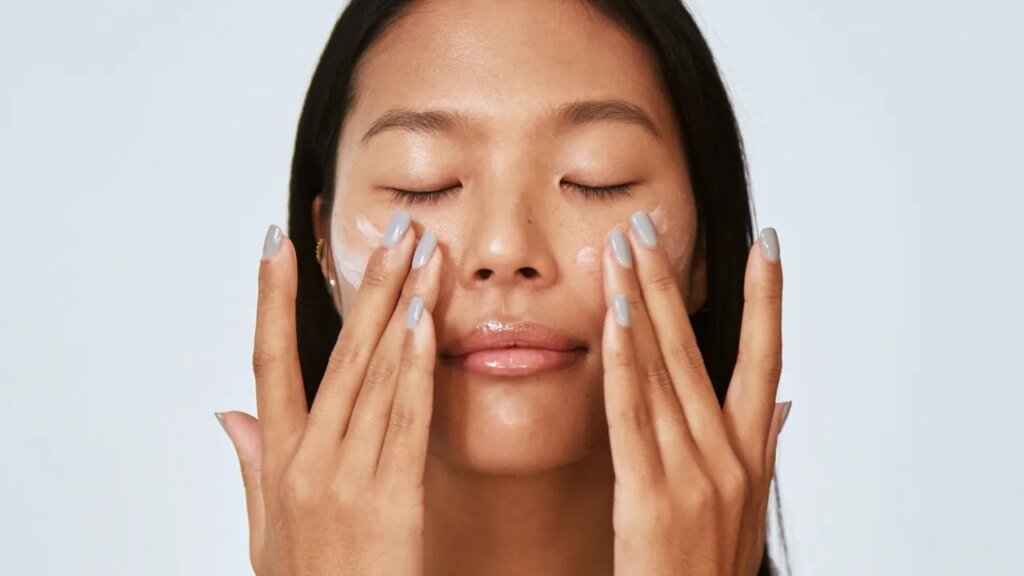Understanding Exosomes in Skincare: The Truth Behind the Hype
In recent years, the skincare industry has witnessed a surge in the popularity of exosome-based products. Marketed primarily for their rejuvenating and regenerative properties, these products claim to combat visible signs of aging like fine lines, wrinkles, and skin laxity. However, the scientific backing for these claims remains insufficient, alongside concerns regarding the regulation and standardization of exosome sourcing and manufacturing. So, what does this mean for your skincare routine? Let’s explore the critical insights shared by dermatologists and cosmetic chemists regarding exosomes.
The Divide in Expert Opinions
When consulting 13 dermatologists and cosmetic chemists about exosome skincare products, one finds a notable lack of consensus. Responses often included qualifiers like, “They might,” or “Theoretically, they may…” Dr. Nussbaum expresses optimism that exosomes could enhance skin repair processes. In contrast, Dr. Hartman expresses skepticism about the ability of exosomes to penetrate deeply enough in the skin to yield significant effects. This divide highlights the ongoing questions and uncertainties surrounding the effectiveness of exosome-based skincare.
The Premature Launch of Exosome Products
An essential point made by many experts is that the rise of exosome products occurred at a pace that outstripped scientific validation. Many dermatologists agree that definitive evidence supporting the efficacy of these products is lacking. Dr. Schlesinger emphasizes the necessity for more clinical data to substantiate the claims made by manufacturers. Coinciding with this skepticism, Dr. Marmur notes that while exosomes present a promising approach to skin regeneration, the current hype seems disproportionate to proven results, citing a ratio of roughly 70% hype to 30% science.
Sources of Exosomes in Skincare
Exosomes used in skincare products predominantly derive from three organic sources. One significant source is human stem cells or platelets from blood. Theoretically, human-derived exosomes resonate more effectively with human cells, facilitating changes like increased collagen production and healing. However, the variability of exosomal ingredients depending on the source raises additional concerns about consistency and effectiveness across different products.
Safety and Regulatory Concerns
One of the paramount issues with exosome-based skincare is product safety. The lack of regulatory standards regarding sourcing, manufacturing, and quality control leaves much to be desired in terms of consumer assurance. Dermatologists are urging caution as well as a call for more accountability from companies producing these products. Without stringent regulations and thorough clinical trials, consumers may be left vulnerable to products that do not deliver on their promises or, worse, may pose health risks.
Looking Forward: The Need for Continued Research
In conclusion, while exosomes showcase potential as a part of skincare innovation, more rigorous scientific exploration is crucial. As dermatologists call for better research and transparency from manufacturers, consumers are advised to approach exosome-based products with a critical eye. Until more reliable data emerges, it would be prudent to focus on established skincare ingredients known to promote healthy skin.
Boost your health naturally—click here to shop Nature Made vitamins at Nature Made and enjoy 25% off your first order!





